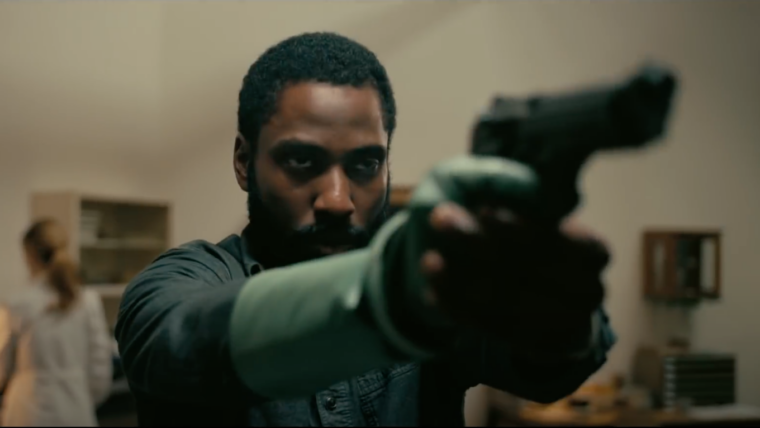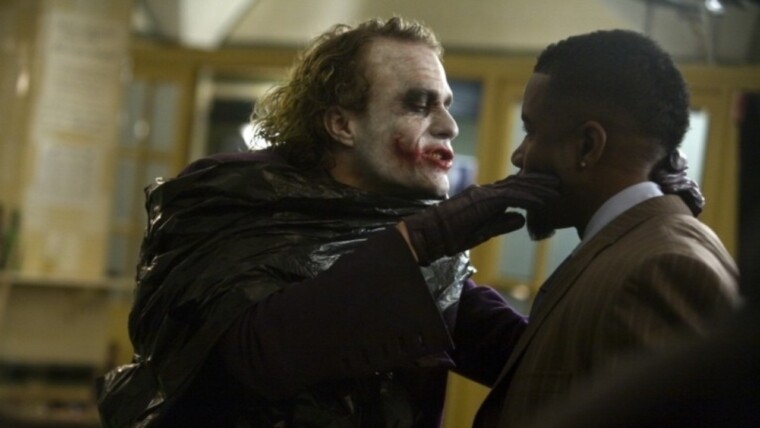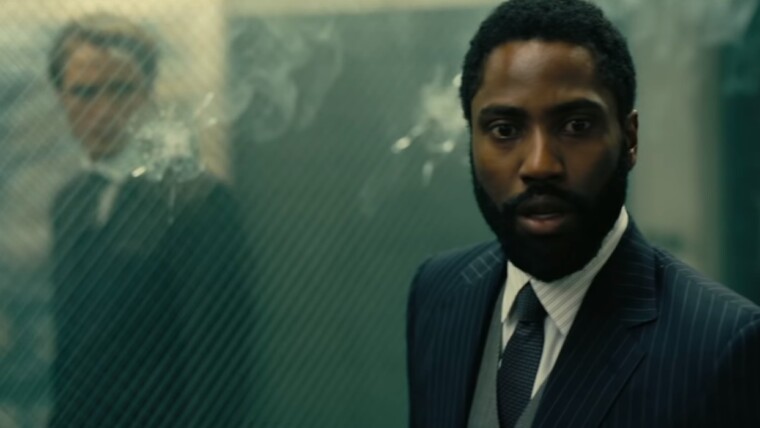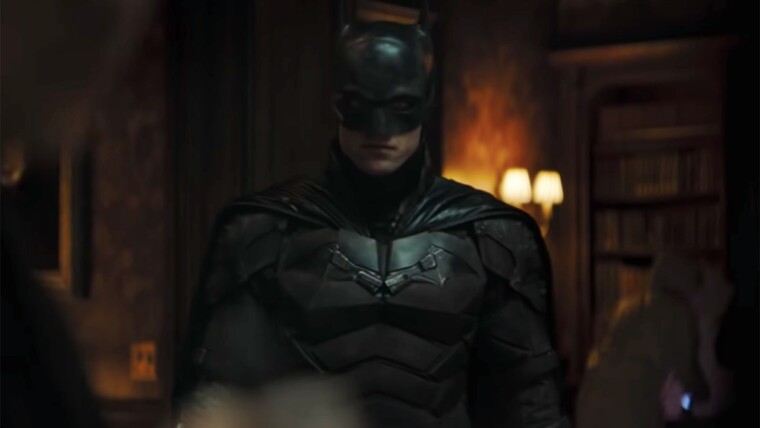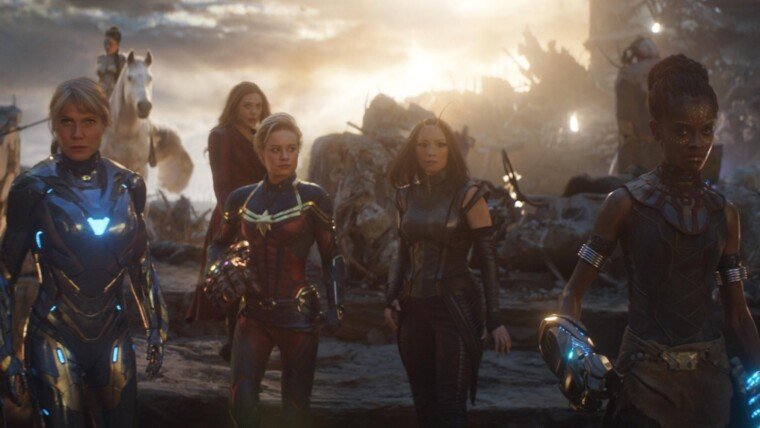“I have a dream, a fantasy
To help me through reality
And my destination makes it worth the while
Pushing through the darkness still another mile.” – ABBA
Inception, a widely celebrated film among cinephiles, is commemorating a decade since its theatrical release. Indeed, Christopher Nolan’s tale was a big hit among critics and fans alike, serving up a grand amount of discussion with regard to its themes and plot.
But why is it so gripping, even till today? Why are people still posting video essays online about the movie?
Like the Nolan films that came before, Inception IS complicated. It is a literal multi-tier plot that requires a whole lot of focus and brain to power through, or you will just be sitting there wondering what in the blue heck is going on. If we were to find a way to explain the movie in the simplest manner possible, it is about a group of people dozing off in order to plant an idea in someone’s head. Yet, this particular synopsis would be an understatement of the film’s true nature, motives, and overall genius.
I think most of us can attest to being utterly dumbfounded upon our first viewing of Inception. I mean, if you claimed that you comprehended the film in its entirety right away, either you are an analytical genius with a Reed Richards intellect, capable of singlehandedly solving the answer to space and time… or… you’re just lying.
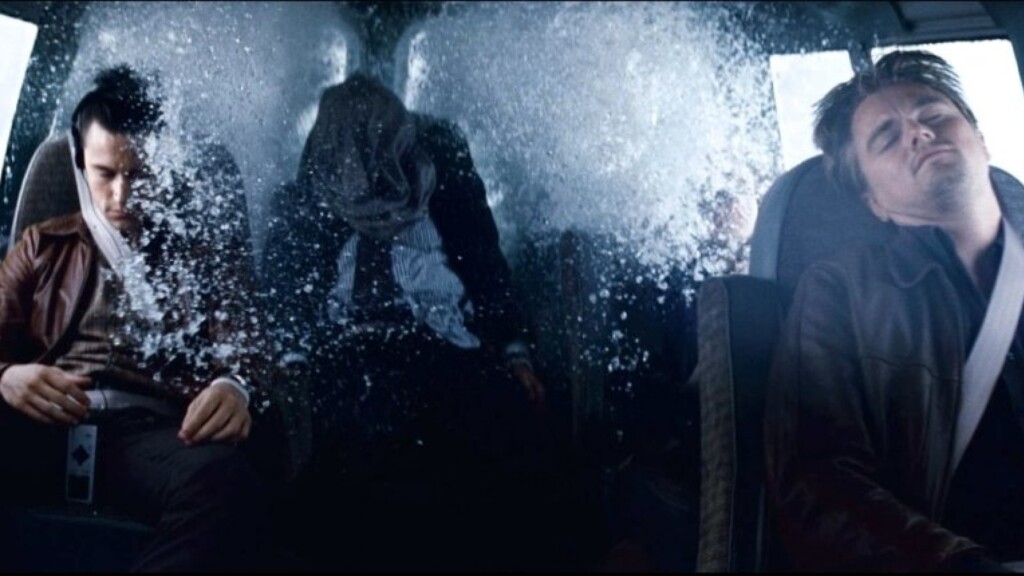
Connecting the dots isn’t a stranger to the works of the famed auteur. His debut feature in itself was an astonishing non-linear psychological thriller. The Dark Knight universe established in 2005 was a grounded take on DC’s famed figure that redefined the character for a new generation; despite it being a comic-book universe, it was also very multifaceted with its extraordinary characterisations and setting. And then, there’s The Prestige, which through all of its magical absurdity managed to one-up itself right to its very end.
Nolan’s 2010 feature was definitely trippy, to say the very least. It was a mind heist for the audience, both aesthetically and in terms of its plot. The dull noir-esque palette of the film characterised its various dream tiers, creating an ethereal look to the film. The concept itself was complex, with its reliance on exposition to keep the audience updated on the inner workings of the established world. Its utilisation of paradoxes and several other architectural concepts display awareness to its own complexity.
Leo DiCaprio plays Dominick Cobb, an unconventional thief who performs ‘extractions’, which are essentially operations into the mind of someone to obtain confidential information or crucial data in a shared dream. A business mogul named Saito intends to push his rival, Fischer (Cillian Murphy), out of the spotlight. As such, he suggests ‘inception’, a way to enter the mind and plant an idea in a person’s head.
Cobb himself is wary of this, but soon gets a team of experts together to perform the feat. With his trusty friend Arthur (Joseph Gordon-Levitt), the ever lighthearted Eames (Tom Hardy), the architect Ariadne (Ellen Page), and the chemist Yusuf (Dileep Rao), they manage to infiltrate Fischer’s mind on an aircraft. Nevertheless, Cobb himself is battling his own personal demons in the form of his own subconscious. Can he overcome it, or will it overtake him and jeopardise the whole operation at stake?
Inception is very much the story of Leo’s character, as he traverses the unknown paths of ‘inception’. He is a determined individual, eager to find his way home, both in a literal and emotional sense. His wife, Mal, is a ghost that haunts him in his sleep. He had spent a lifetime with her in a dreamlike state, and the delusions which transpired from it led to her eventual death and it has tormented him ever since. Cobb is a leader, sure of himself. Yet, he tends to break his own rules, making many questionable decisions that he warns his colleagues against doing. He’s a broken man, seemingly under the delusion that everything is in control. Nevertheless, it is his drive to freedom and meeting his children that pushes him forward and he will not stop until that goal is accomplished.
It certainly helps that Ellen Page’s character is the audience’s lens into Inception. Without Ariadne and the various amounts of exposition that her character is given, it would be more difficult to stay focused on whatever is transpiring on the screen. During one particular scene where she is designing the world under the watchful eye of Cobb, it becomes a pivotal moment which displays what can and cannot be done within the established world.

Now, one thing that Nolan is fond of is to keep it as practical as possible. We’ve seen him do this with The Dark Knight where he blew up a hospital right as Heath Ledger walked out of the building and also flipped a truck in a financial district within the same film. We’ve seen him blow up stadium grounds, prop aircraft, and perform stunts with miniatures to create a sense of realism within the world he is attempting to establish. Likewise, the same is done for Inception. The van plunging into the water? Real. The train appearing out of nowhere in the middle of the streets? Just a truck disgusted as a carriage. Avalanch? Real and controlled.
One pivotal action sequence in a hallway with Joseph Gordon-Levitt’s character still remains one of the most mindblowing cinematic sequences to date. Its screen time is probably less than thirty seconds but the weightless action was actually filmed using an actual set that was engineered and built to rotate with the camera and stunt crew on board. Oh, yeah. Gordon-Levitt did his own stunts as well.
Indeed, the amount of effort that went into crafting this film was done with a genuine sense of clarity and focus. What resulted was a very refined product which flowed seamlessly within the world of the movie. The scene may be relatively short, but the lasting impact it had on the minds of moviegoers was there.
Perhaps much of the discussion surrounding the film hinges upon the film’s ending. The very last scene is one of the most simple, yet, emotionally resounding successes in modern cinema. After the mission is complete, Cobb wakes up on the plane, having recovered from the depths of ‘limbo’. He appears dazed as he attempts to recollect his thoughts, while an air stewardess breaks his stupor. The camera then pans to Fischer, the audience knowing of the idea that had been planted into his head as he stares into the distance. Arthur and Ariadne are awake. Both of them exchange glances at Cobb. Saito, seemingly lifeless, awakens from his limbo as well.

Cobb is then seen shuffling to the immigration counter, handing his passport as he nervously exchanges looks with the officer. His passport is approved. He is home. He meets up with Professor Miles who leads him to his home. Mal’s totem is placed on the table and Cobb spins it to determine whether he’s still in that dreamlike state. Cobb does not wait for an answer though, as upon seeing the faces of his children, he immediately rushes to embrace them. The camera then pulls in for one final shot on the spinning top before cutting to black. The movie ends.
It’s an ending that has driven a great many heads against the wall. Multiple subreddits have discussed in-depth as to whether Cobb is still in a dream or he has actually woken up. And even till today, it still remains inconclusive due to a fair amount of evidence proving and disproving both notions. Some have argued that the top had wobbled just before the credits. Others disprove the idea, saying that the very last lines of dialogue uttered by his young son evoked the sense that they were still trapped in a dream along with the fact that Cobb used his wife’s totem.
The most concrete answer to the mystery was given in August of 2018 by Michael Caine, where the actor claimed:
“When I got the script of Inception, I was a bit puzzled by it, and I said to him, ‘I don’t understand where the dream is. I said, ‘When is it the dream and when is it a reality?’ He said, ‘Well when you’re in the scene it’s reality.’ So get that – if I’m in it, it’s reality. If I’m not in it, it’s a dream.”

The best part about this is that it truly is up to interpretation. It’s the beauty of that ending. It’s cryptic. It’s indecisive. The audience gets to ponder upon what had unfolded in the past 140 minutes to draw their own conclusions. And the answer to that big question does not actually matter because of the deeper meaning behind the film.
The sequence is only three minutes long, but it manages to apply its focus on giving each of the major players their final goodbyes. For Cobb, this was the cathartic closure he needed. He successfully returns to Los Angeles, his home, a place that he had been a fugitive from for the longest time that he could imagine. The final shot of him reuniting with his kids also nails in the point that he is finally free and happy to live his life away from the clutches of Mal, the very entity that had held him back all this while. So, whether or not Cobb was still dreaming or not, it didn’t matter. The mission was complete. Cobb had let go of his past. He was happy.
One thing to note is that the film itself plays according to its own thematic ventures. As a matter of fact, Nolan tries to tell us that this fantasy playing out on screen is very similar to a dream. The plot moves along in cuts and through multiple premises. The rules of physics do not play out the same way in actuality.
And just like that, Nolan fastens us to the backseat of his ethereal vehicle and we take the hyperspace route back into the real world.
“Well, dreams, they feel real while we’re in them right? It’s only when we wake up then we realize that something was actually strange.” – Dominick Cobb

One does not simply talk about Inception without giving credit its soundtrack. Hans Zimmer’s score is an absolute masterpiece. The composer has gone on record to state how he drew inspiration from the late Ennio Morricone by incorporating the sound of guitars into his work. What resulted was a blood-pumping mix that wasn’t overtly melodic but still felt out of this world! Tracks like Dream Is Collapsing and Dream Within A Dream focus on gripping the audience to the screen with the hard-hitting brass. The rendition of Edith Piaf’s non je ne regrette rien, which seemed to slow down as you went deeper into the dream levels was also utilised to great effect.
Two tracks stand out particularly in the form of the snare-heavy Mombasa and of course, the fan favourite, Time. The former is one of the more uplifting scores in the film due to its pace but it also creates a sense of urgency due to the circumstances surrounding Cobb. You feel the rush of blood and accompanying danger because of how Zimmer manages to jump out with heavy synths and brass. As for Time, it was just a perfect emotional accomplice to the film’s resolute. The weight of the keys is felt with every slow chord. An ethereal catharsis is evoked as the score rises to the occasion, giving the audience one last look at the dream, before ending it.
It is also worthy to note that for a period of time, movie trailers after Inception tended to borrow from Zimmer’s work by replicating the ‘Inception horn’. This was way before the whole forlorn pop song cover fad of the later segment of the decade. Just look at the trailers for Transformers: Dark of The Moon, Tron: Legacy, The Avengers, Wrath of the Titans, John Carter, etc. You know that things are ready to go down just as a bassy ‘BWARNGGGH’ hits.
Inception is a classic, no questions asked. It was revolutionary for its time and still remains one heck of a mind-boggler to this date. It is beautifully shot, expertly crafted, and features a whole lot of memorable set pieces to create wonder and awe on the big screen. Like a dream, it slips into its fantasy, going berserk in its own natural state. In the words of ABBA, this journey is worth the while, this fantasy is worth living through.
Nolan has since released a couple more films, each to its own degree of success. Tenet, which looks to be another sci-fi mind boggler is also set for an upcoming release, with some touting that it could be a closet sequel to the 2010 film due to the amount of secrecy surrounding its plot. Regardless, Inception’s legacy is clear. Indeed, it has found its place among stars. A decade later, it still shines bright as it waits upon a train, invading our memories with its surreal majesty.
“You’re waiting for a train
A train that will take you far away
You know where you hope the train will take you,
but you can’t know for sure.”



